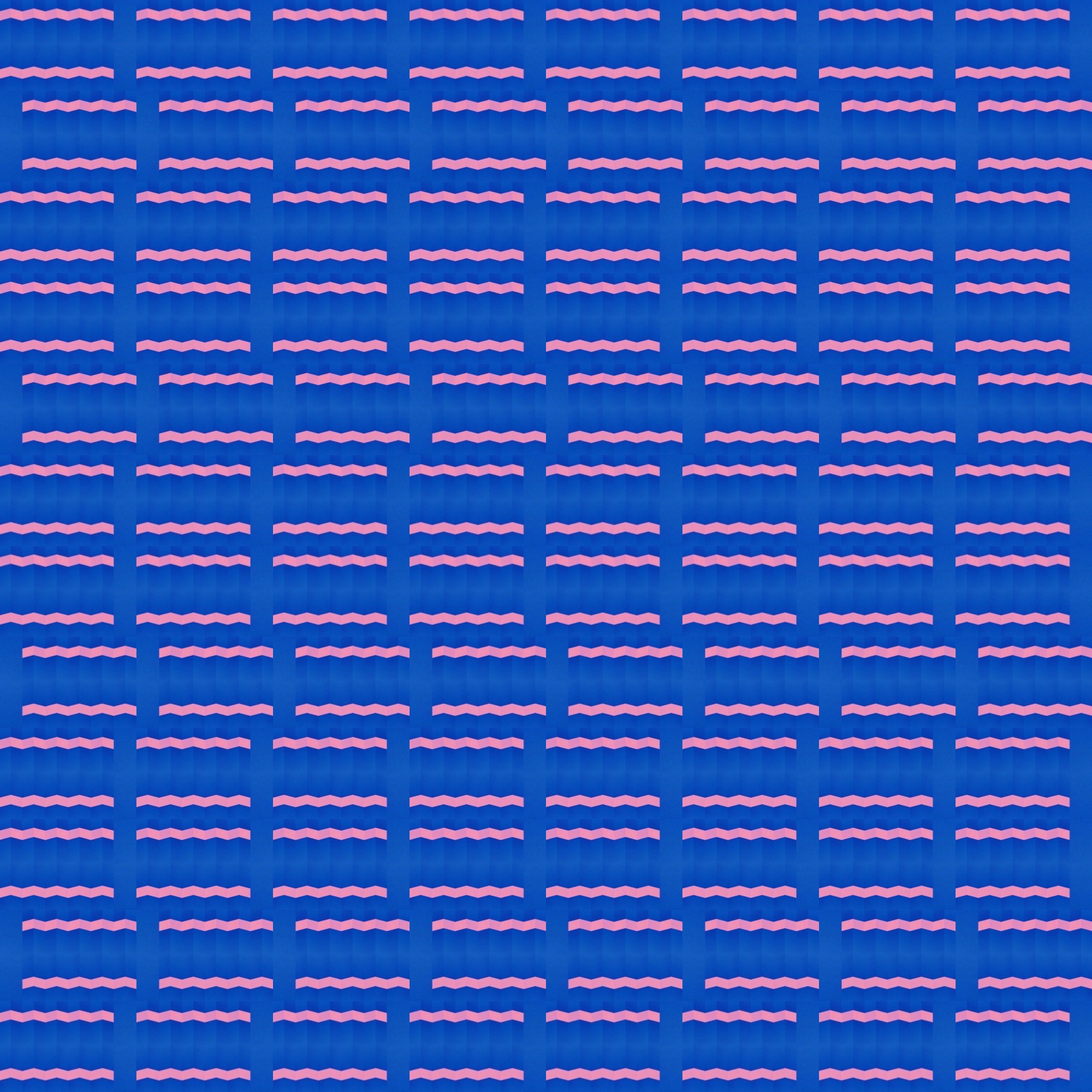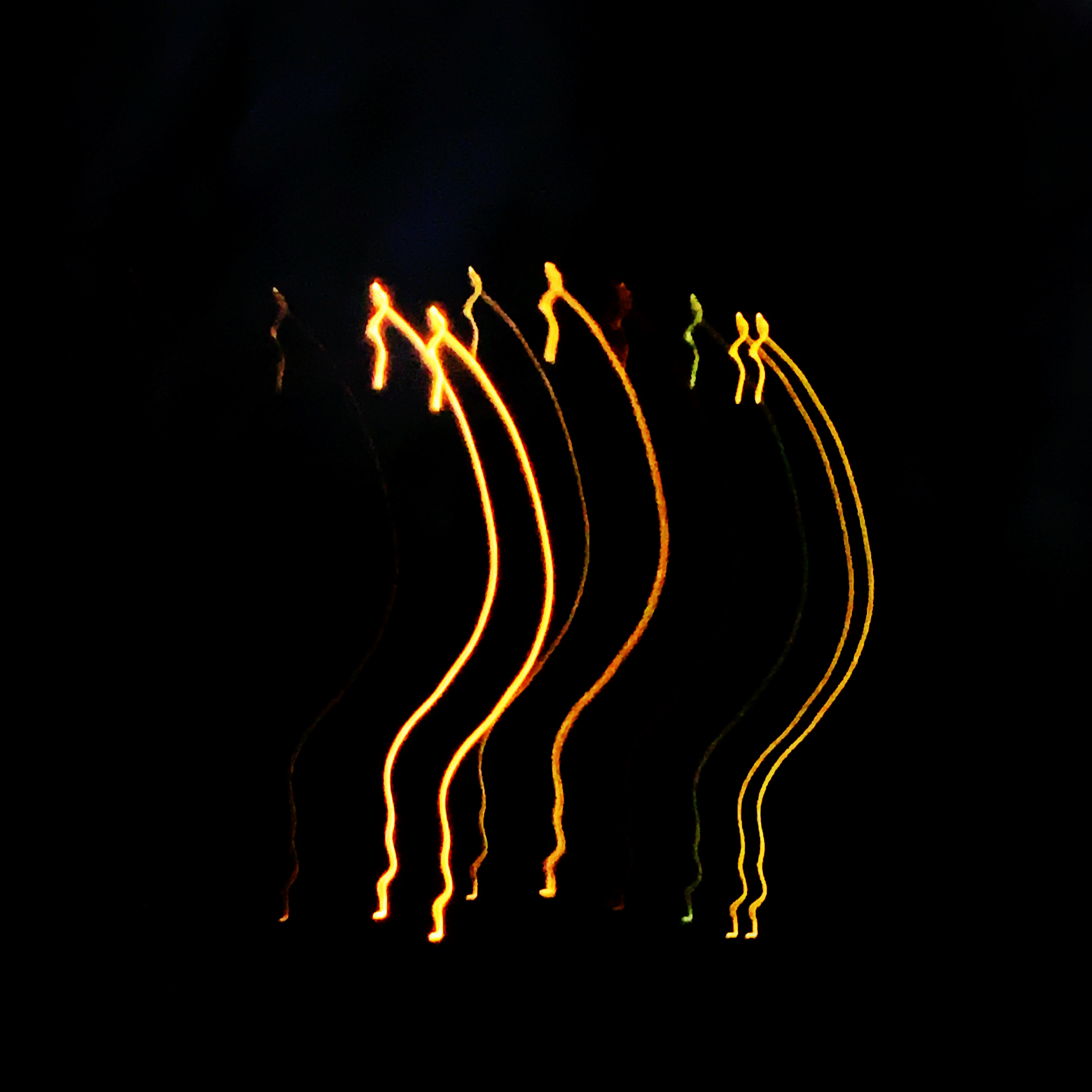
The notes in which I collect pieces from different sources and reassemble I normally entitle ‘fragments’. Not this time. These are not fragments, but sounds and echoes. Put aside the banal hot takes about chatGPT and listen: there is plenty else to hear. Crack crack. Things are breaking. Not unimportant things. Basic infrastructures and core services. States. And not in one or two places.









